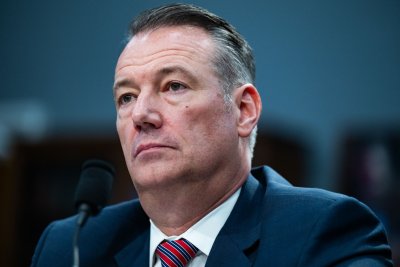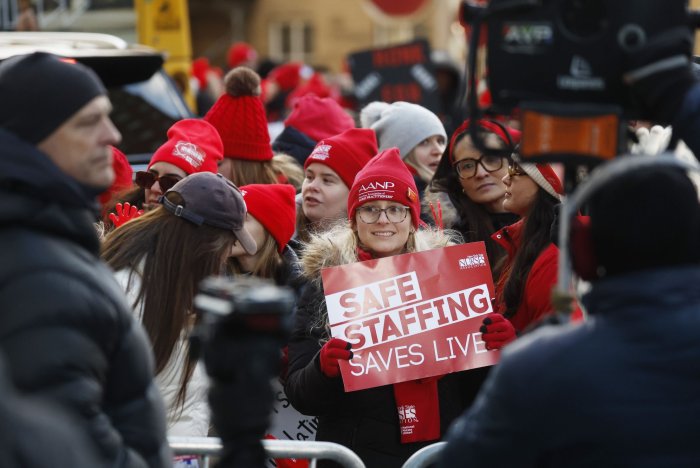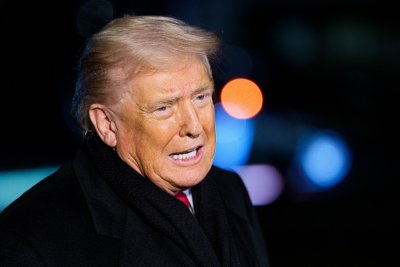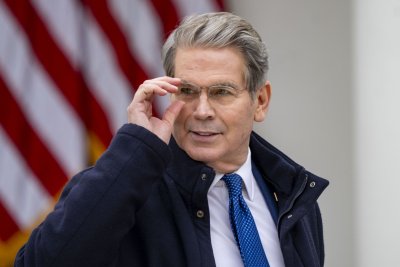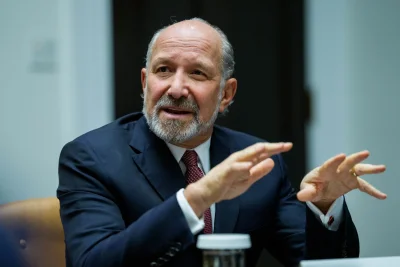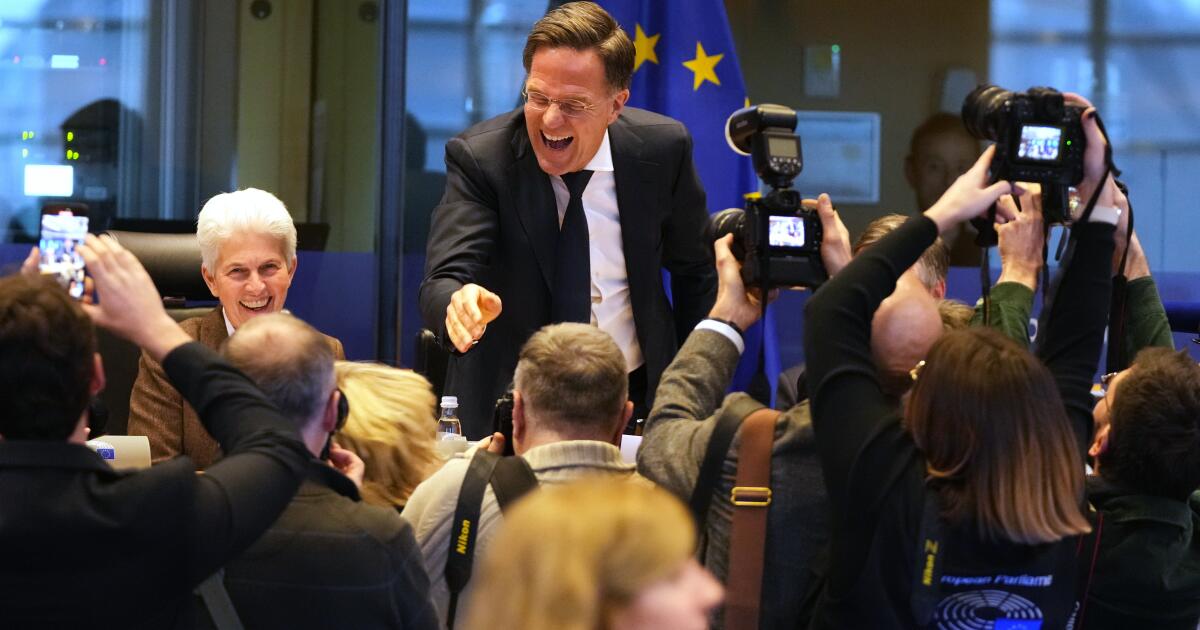The Navy’s Self Defense Test Ship, formerly known as the USS Paul F. Foster, is shown returning to its home port at Port Hueneme, Calif., on June 12 following 14 months of repairs. Watchdogs say the Navy hasn’t developed a clear way to replace the aging vessel, which is used to test self-defense systems for warfighting ships. Photo by Dana Rene White/U.S. Navy
ST. PAUL, Minn., Jan. 26 (UPI) — A aging, decommissioned destroyer that plays a little-known, but vital, role in maintaining the self-defense systems of Navy warfighting ships is on its last legs, but there’s no clear plan to replace it, government watchdogs say.
The Government Accountability Office reported last week that the 564-foot Self-Defense Test Ship, which before being decommissioned in 2003 was a Spruance-class destroyer known as the USS Paul F. Foster, is aging quickly and is beset by problems
That could compromise its one-of-a-kind role as a vessel fitted to undergo missile attacks as a way to test the Navy’s shipboard self-defense systems.
The unique vessel is equipped with the SSDS Mk 2, the command-and-control system aboard the Navy’s amphibious ships and aircraft carriers, which can be operated by remote control without any crew onboard as a safety precaution as it faces incoming missiles.
The insights it provided about the effectiveness of shipboard self-defense systems were used extensively by the Navy to address the needs of the Gerald R. Ford-class aircraft carrier and the DDG 1000 Zumwalt class destroyer in the last decade, and the test ship is expected to continue to carry out more vital tests over the next few years.
But even after extensive upgrades in 2024 and 2025, the ship is on its last legs and could become inoperable at any time, the GAO warned, leaving the Navy without a clear plan for some way to replace its functionality quickly.
“The Self-Defense Test Ship is critical to the Navy’s ability to test and understand how ship self-defense systems will behave as missiles approach a ship,” said Shelby Oakley, director of contracting and national security acquisitions for the GAO and lead author of last week’s report.
He told UPI there’s a risk of a gap in U.S. testing and training capabilities if the test ship goes out of commission with no replacement immediately available — which could have dire repercussions as U.S. naval forces confront missile-wielding foes such as Yemen’s Houthi rebels in the Red Sea.
“Due to the speed of incoming missiles, the systems must function with precision. Without a test ship, the Navy is reliant on computer modeling to evaluate operational performance of self-defense systems at close range,” he said.
“Thus, without a test ship, the Navy would have less confidence that the systems will protect the ship from incoming fire, which could result in disastrous consequences in the heat of battle.”
The risk of having a gap in such test capability is amplified “when considering the steady advances in the weapons available to potential U.S. adversaries,” Oakley added.
The vessel underwent 14 months of repairs at Naval Base San Diego beginning in April 2024, after which it returned to its home base at Port Hueneme, Calif.
While it was out of commission, technicians examined and mended fuel tanks, the firefighting system, the fire main pipe and sea water service valves, according to the Naval Sea Systems Command.
Its superstructure was also inspected for corrosion and its deck was restored.
But Navy officials told the GAO during the lay-up period that regardless of any further maintenance it may receive in the next few years, “continuing to effectively operate it to the end of the decade will be a challenge based on its poor condition.”
The issue has come up as the Navy is struggling to achieve the goals of the Trump administration and bipartisan majorities in Congress to grow the size of the fleet.
The service has failed to consistently produce new ships at the scale, speed and cost demanded by the government due to “a series of interwoven, systemic issues,” such as ever-shifting specifications by military officials and the inability of defense contractors to find a stable and adequate workforce, according to a December report by the Center for Strategic and International Studies.
Amid those challenges, a concrete plan to replace the self-defense test ship remains elusive. The Navy explored several options to do so in the decade between 2013 and 2023, including extending the service life of the current vessel, replacing it with commercial ships or decommissioning and converting another destroyer.
The last option appeared to become less feasible when Secretary of the Navy John Phelan extended the service lives of the five DDG 51 class destroyers that were identified as potential replacements.
A request for comment by UPI to the secretary’s office was not returned. But in a brief written response included in the GAO report, officials of the Navy’s Operational Test and Evaluation Force, or OPTEVFOR, concurred that a new test ship is needed and that a “capability gap” may be created due to the lengthened decommissioning schedule of the DDG 51 class destroyers.
They also confirmed the test ship is scheduled to be retired after a new round of testing for the SSDS Mk 2 system slated to begin in fiscal year 2027.
While the vessel can still be used, its down time due to maintenance needs are increasing and it’s becoming increasingly hard for the Navy to plan around them, said defense analyst Christine Cook, a senior fellow at the bipartisan Center for Strategic and International Studies in Washington.
“The age and condition of the ship means that it would be useful for the Navy to develop a plan and make investments in a new one,” she told UPI. “However, the question is always, what will the Navy not be able to do with the funds spent on a new test ship?
“Recommendations on gaps don’t always ask this question, but it is one that Navy programmers have to grapple with,” she said. “A delay in developing a plan for a replacement ship does not mean that the test ship is not available — but it does create some level of future risk.”
The Navy’s larger shipbuilding challenges are indirectly affecting the situation because the sluggish pace of new production is forcing its leaders to keep existing vessels in service longer, Cook added.
“If the Navy wants to keep ships operational longer because shipbuilding constraints mean that it can’t access sufficient new builds, then there may not be a ship available for retrofitting,” she said.
“The goal of growing the size of the Navy may require delaying ship retirements, which also means that the fleet needs more maintenance, competing with the ability to maintain the test ship.”

